Join us in exploring the gynecological chair as a metaphor for vulnerability in an interactive film experience, uniquely produced for Göteborg Film Festival. In her videowork Undersökningen (The Examination), artist Anna Odell invites Swedish men in power to a conversation about equality, power and empathy. As part of the work, the participating men must decide whether to undergo something that only women ordinarily have to: a gynecological exam. The work will be presented in its entirety during Göteborg Film Festival 2020 at the world’s first gynecological cinema – The Gynecological Cinema Chair. The visitor is invited to a custom-built gynecologist’s reception and face a choice that affects the experience of the work. Do you dare to show yourself vulnerable?
January 26 – February 2, 2020, Göteborg
Tickets are limited and will be released on January 11 (January 9 for members)

Börje Salming
Hockey legend, inducted in the Hockey Hall of Fame

Björn Eriksson
Former director of the Swedish police and former president of Interpol
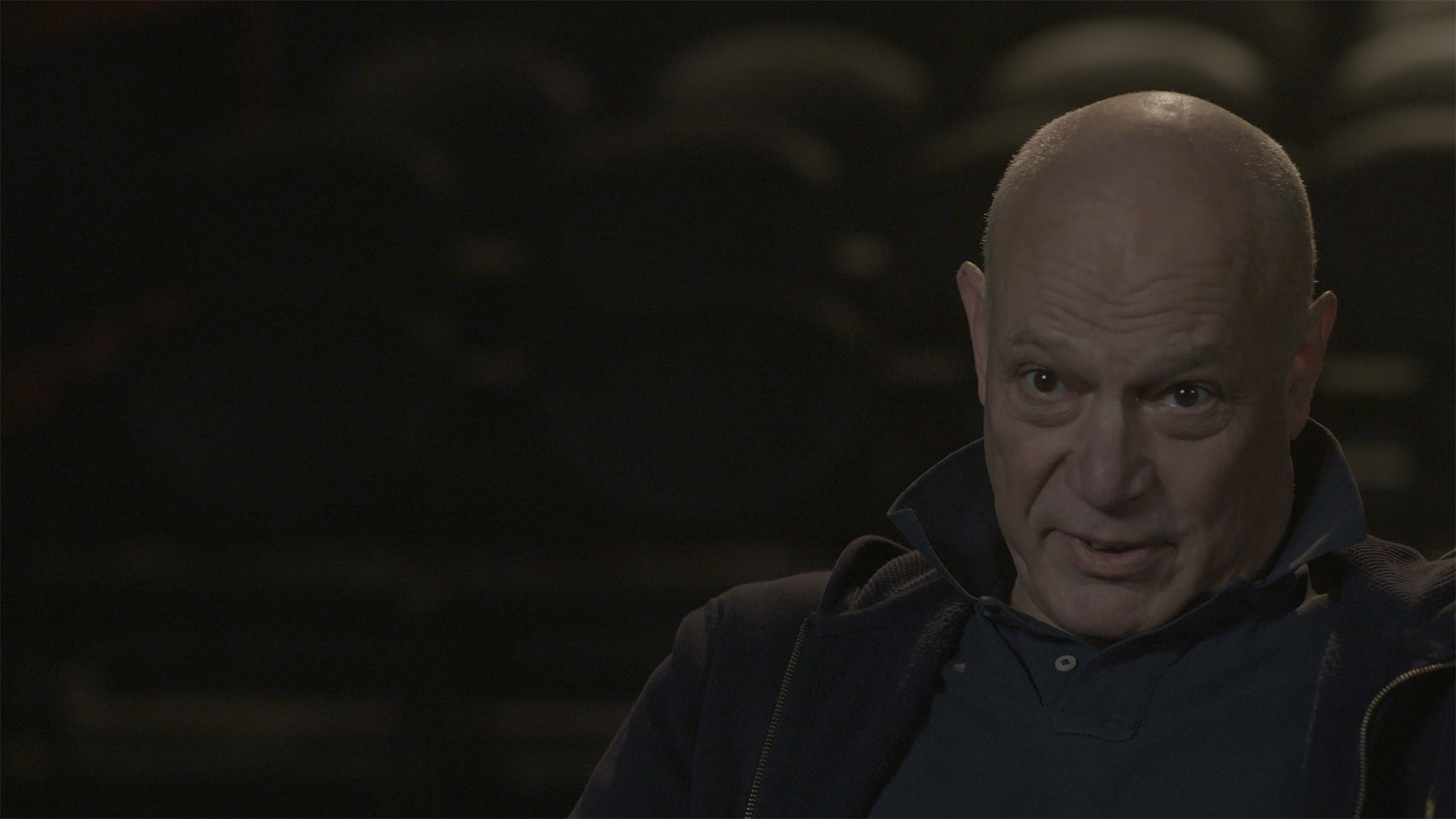
Robert Aschberg
Journalist and TV host
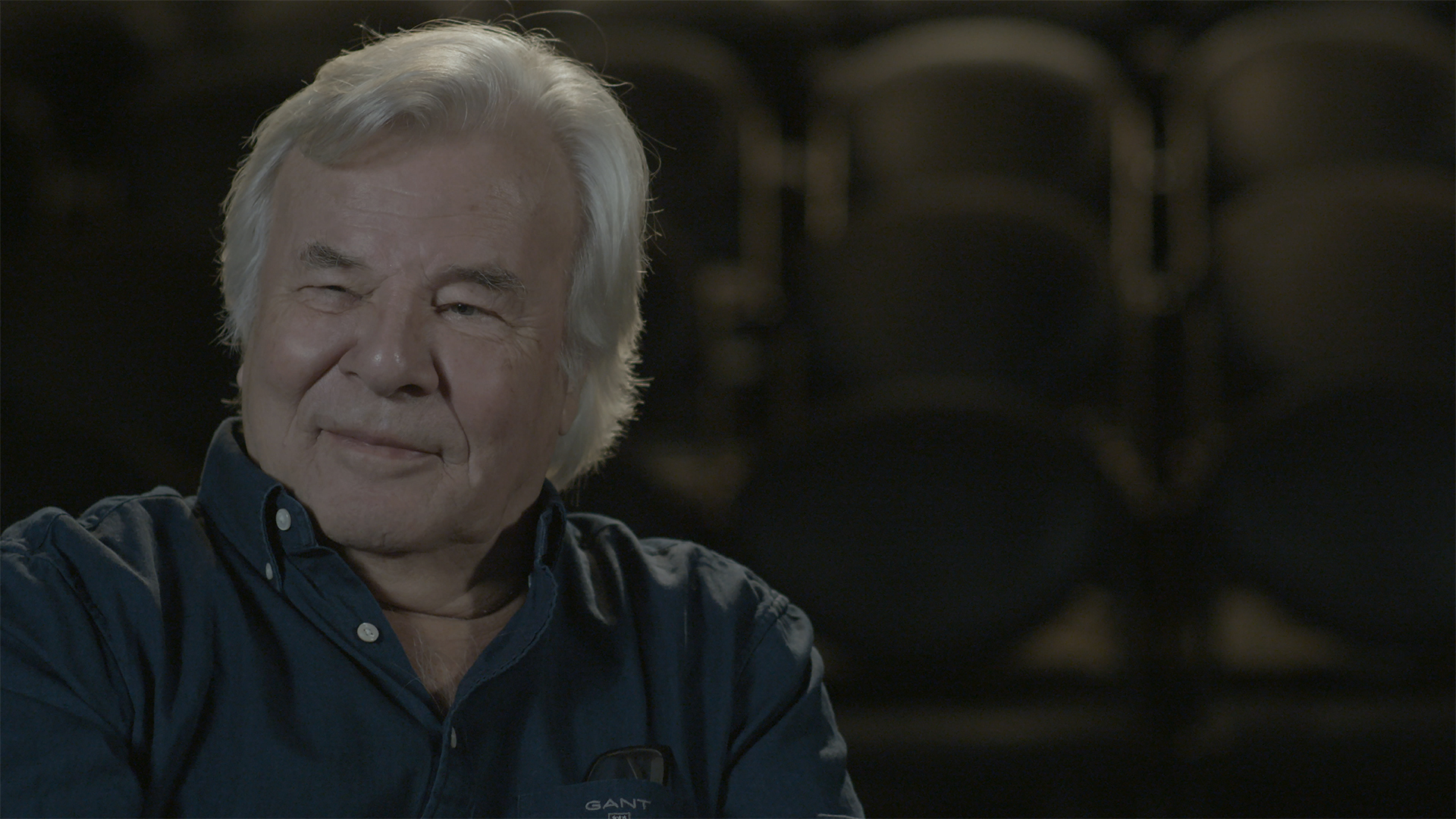
Jan Guillou
Author and journalist
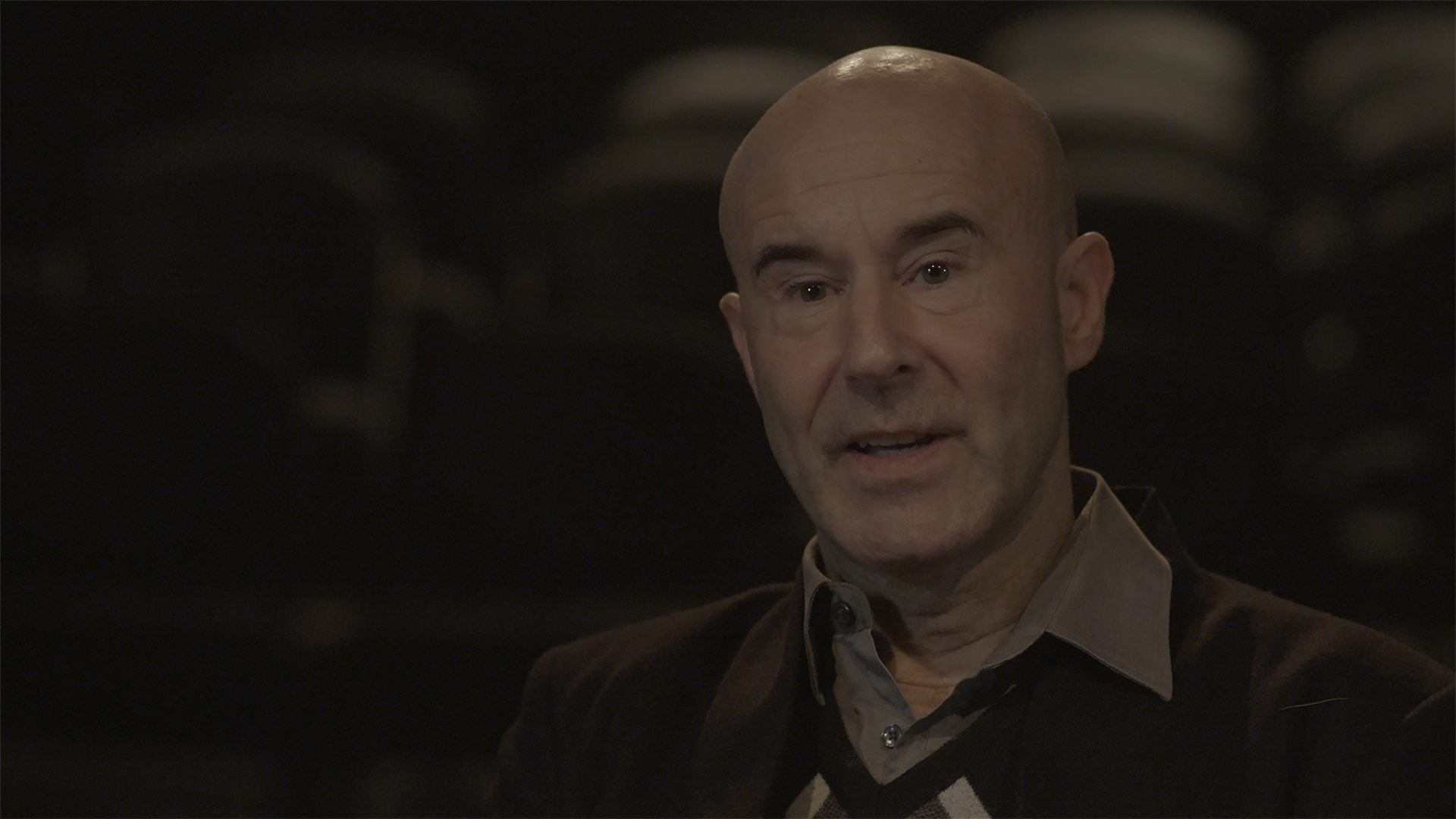
Mark Levengood
Journalist, author and TV host

Michael Dahlén
Professor of marketing and consumer behavior at the Stockholm School of Economics

Mårten Castenfors
Head of Liljevalchs konsthall, one of Swedens leading art galleries
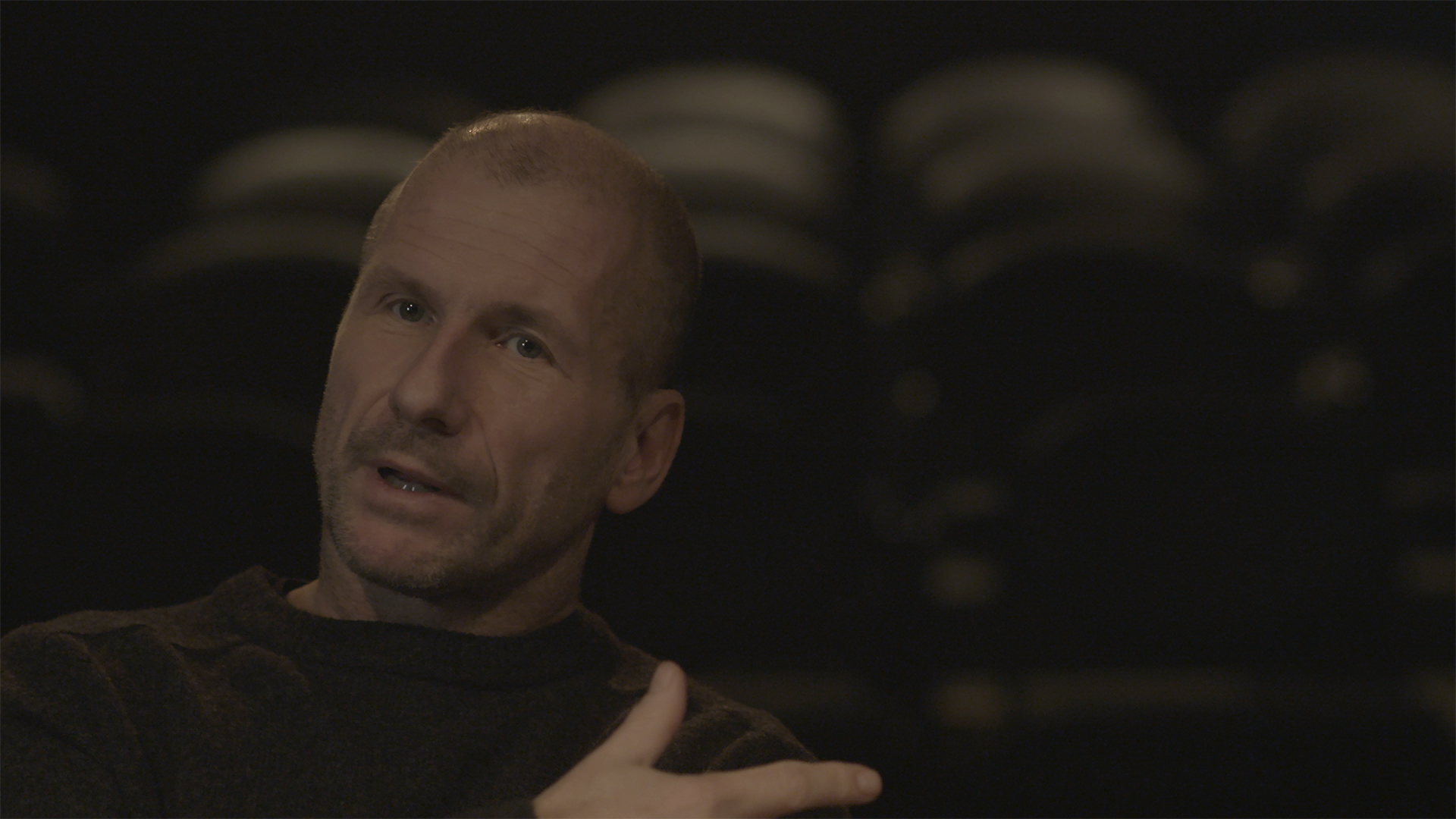
Stefan Larsson
Director and former head of multiple Swedish theatres

Thomas Bodström
Former Swedish minister of justice

Göran Greider
Author, poet and Editor-in-chief of Swedish newspaper Dala-Demokraten
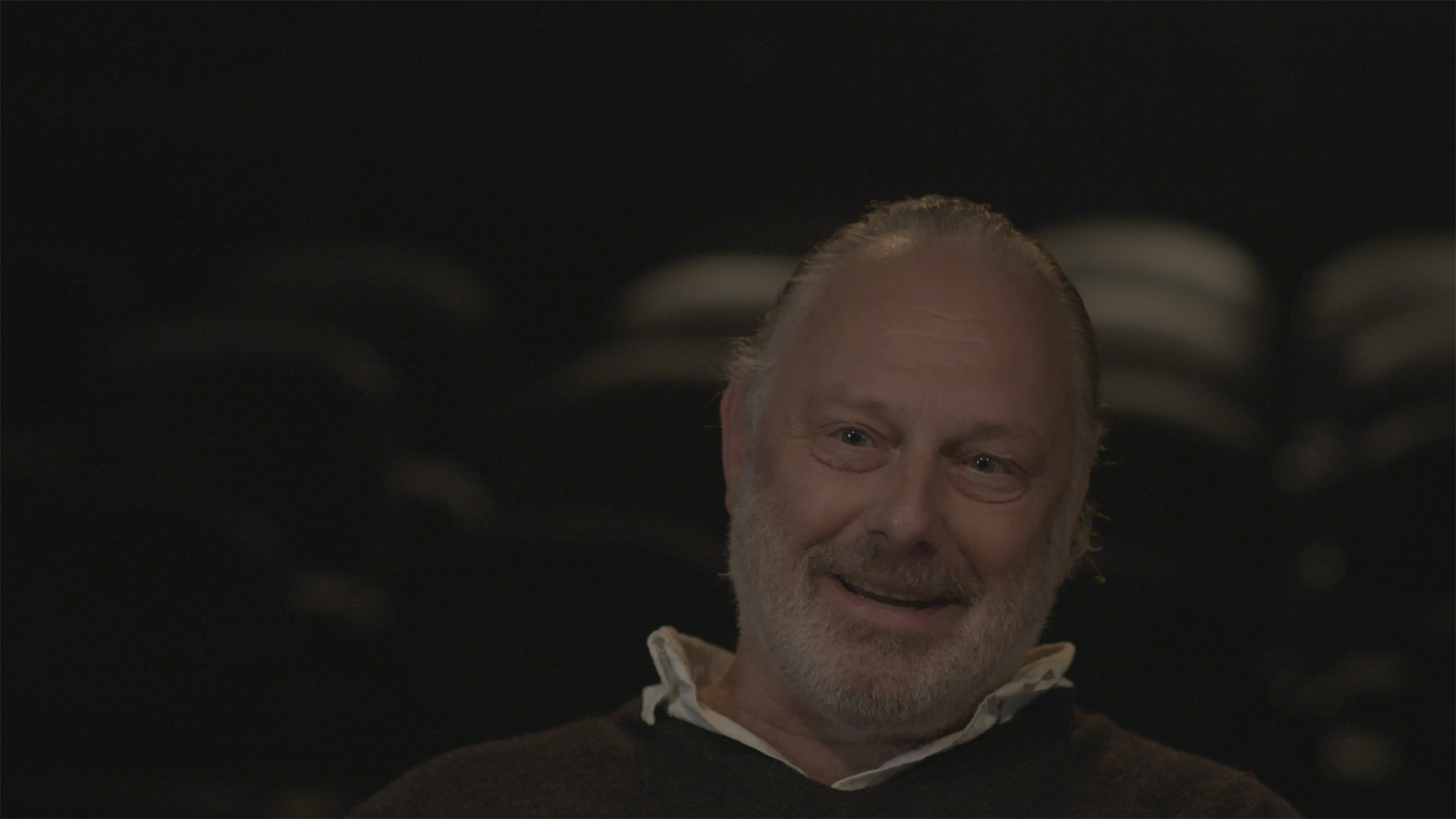
Anders Palmér
Artist
Men often sit with their legs spread, occupying space. Sitting in a gynecological chair, your position is more or less the same, you just have to tilt it backwards.
– Anna Odell
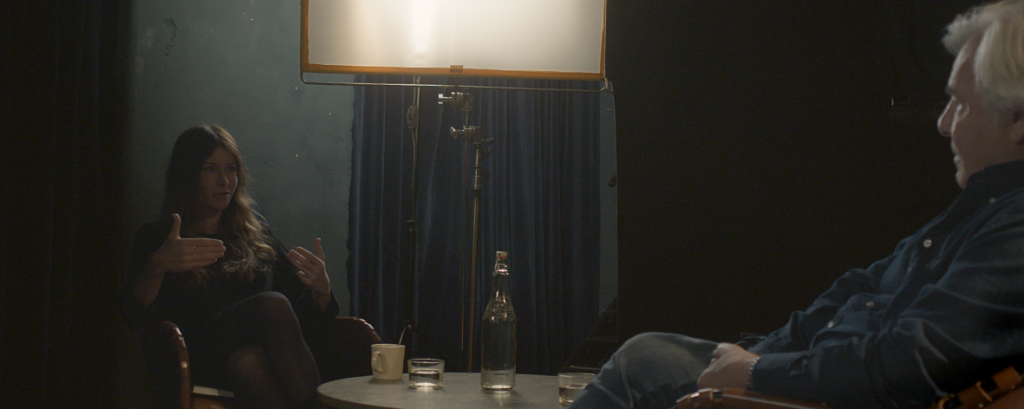
How do we relate to different ways of being or behaving? My feeling is we’re quite quick to label behaviours with terms such as strong or weak. At the same time, something which is thought of as weak or vulnerable in one context or situation may seem brave or empathetic in another. Take crying. In the “right” situation, crying can show both strength and empathy, whilst in the “wrong” situation it could prove devastating, both to a person’s self-image and to their reputation. Whether or not we find it acceptable to display vulnerability in a given situation is also subject to the influence of our own personal experiences, and to change over time.
This may sound far-fetched, but I think that if we dared to expose our vulnerabilities to each other, we would eventually create a social climate which is more accepting. When looking for a physically manifestable object which would allow for displays of vulnerability, I came upon the exam chair we women lie down on when visiting the gynecologist.
One criterion for a situation to be perceived as vulnerable, I think, is that you would not like to find yourself in it. Otherwise, it ceases to be vulnerable.
The gynecological chair, then, works as a symbol. Although you enter onto it voluntarily, I would go as far as to say that nobody feels comfortable on it, meeting a doctor you may not know at all whilst sitting there naked from the hips down. In addition, the fact that it is a chair almost exclusively reserved for examining women makes it even more suitable for the purpose of this study.
I’ve chosen to invite successful men with significant influence over others to participate in this project. I’ve invited them to a conversation on the topic of gender equality and told them that I will ask them whether they would like to do something usually reserved for women, making it clear that it’s perfectly fine to refuse. What I’m alluding to here, the question I eventually ask them, is whether they would like to lay down on a gynecological chair.
When meeting the men, I’ve wanted to hear their views on strength versus vulnerability. Would they risk losing something if they were to show vulnerability, and if so, then what? Would a powerful man dare to show himself fragile or vulnerable? If he feels unsure, then what is he afraid of? Could the man in question imagine doing this in order to experience the female gaze? Could he see it as a symbolic act of empathy? If the man says no, then why? Does it have to do with other men’s opinions, or is he afraid of the loss of power which comes with finding yourself in the physical position of the patient to be examined?
On the other hand, the position should feel pretty familiar to several men. Men often sit with their legs spread, occupying space. Sitting in a gynecological chair, your position is more or less the same, you just have to tilt it backwards.
Anna Odell
Close